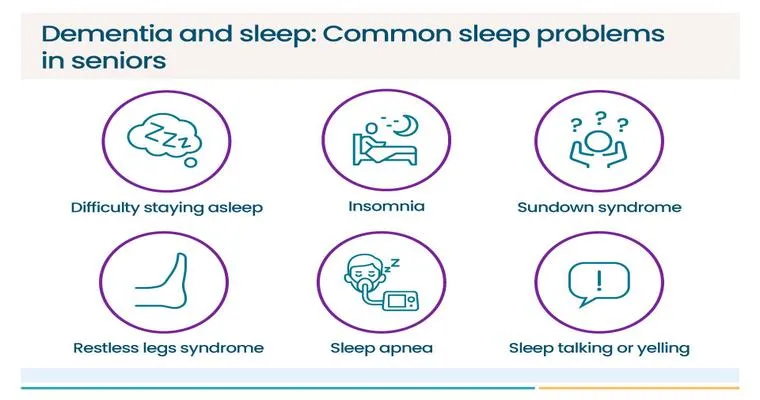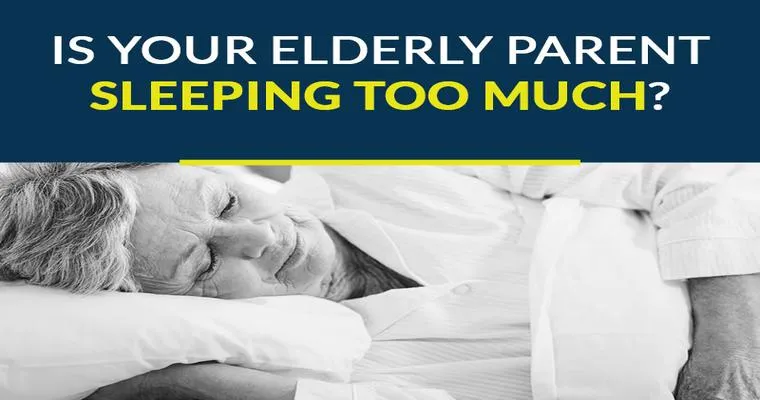As we age, many people notice that their "elderly loved ones" tend to sleep more than they did in their younger years. This phenomenon can be concerning for family members who may wonder if there is an underlying issue. Understanding the reasons why your "elderly loved one" sleeps all day can help you address their needs and ensure their well-being.
One common reason for increased sleep in the elderly is "natural aging". As people grow older, their sleep patterns change. They may experience lighter sleep and find it harder to stay asleep through the night. This can lead to longer daytime naps and an overall increase in sleep duration. Additionally, some "chronic health conditions" can contribute to excessive daytime sleepiness. Conditions such as heart disease, diabetes, or depression may make it more difficult for older adults to maintain a regular sleep schedule.
Medications can also play a significant role in how much an elderly person sleeps. Many older adults take multiple medications that can have sedative effects. If you notice your loved one sleeping all day, it may be worth reviewing their medications with a healthcare provider to see if adjustments are necessary.
Another factor to consider is "mental health". Conditions such as depression or anxiety can lead to fatigue and increased sleep. If your elderly loved one shows signs of withdrawal or a lack of interest in activities they once enjoyed, it might be a sign that they are struggling emotionally. Speaking to a mental health professional can provide support and guidance.
Furthermore, a lack of physical activity can contribute to excessive sleepiness. Engaging in regular exercise can help improve sleep quality and overall energy levels. Encouraging your loved one to participate in light physical activities, such as walking or stretching, can have positive effects on their sleep patterns.
Lastly, environmental factors should not be overlooked. A comfortable and dark sleeping environment is essential for quality sleep. If your loved one’s room is too bright, noisy, or uncomfortable, it may lead them to sleep more during the day to compensate for poor nighttime rest.
In conclusion, while it is common for elderly individuals to sleep more as they age, there are numerous factors that can contribute to excessive daytime sleep. If you are concerned about your "elderly loved one", consider discussing your observations with a healthcare provider to rule out any serious health issues. By understanding the reasons behind their increased sleep, you can better support them in maintaining a healthy lifestyle and quality of life.





